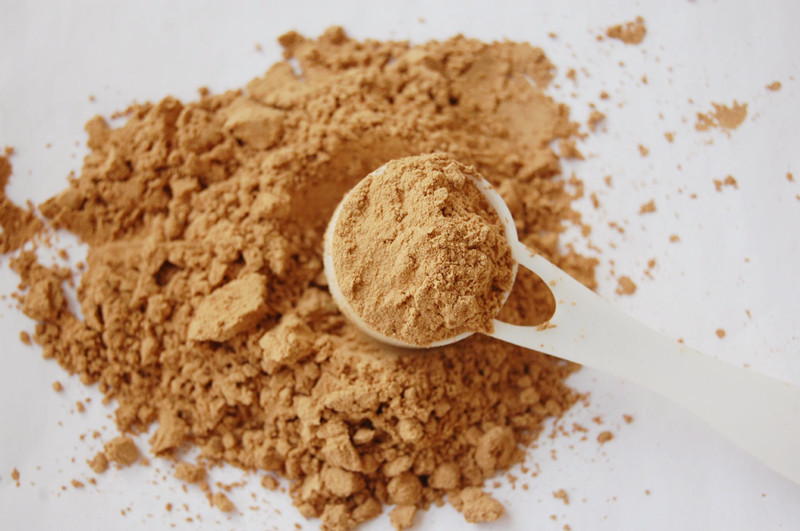Benefits of Camellia Sinensis Leaf Extract
Camellia sinensis, commonly known as tea, has been consumed for centuries for its delicious taste and health-promoting properties. There are many compounds in the leaves of Camellia sinensis, the key bioactive components are catechins, flavonoids, amino acids like theanine, vitamins and minerals, tea saponins, polysaccharides, and enzymes. These provide a range of health benefits. Recent research has shown that compounds found in camellia sinensis leaves, such as catechins and tea saponins, offer a wide array of benefits to human health. This article explores the science-backed benefits of camellia sinensis leaf extract. Firstly, let’s talk about the key components found in extracts of Camellia sinensis leaves:
- Catechins – These are antioxidant polyphenols that include epigallocatechin gallate (EGCG), epicatechin gallate (ECG), epigallocatechin (EGC), and epicatechin (EC). EGCG is the most abundant and potent catechin.
- Flavonoids – Camellia sinensis contains flavonoid antioxidants like quercetin, kaempferol, and myricetin.
- Amino acids – The main amino acids are theanine, glutamic acid, tryptophan, glycine, serine, aspartic acid, tyrosine, and glutamine. Theanine is responsible for tea’s relaxing effect.
- Caffeine – This stimulant is present in lower amounts than in coffee. Black tea contains around 25-110 mg caffeine per 8 oz serving.
- Tea saponins – These triterpenoid compounds have anti-inflammatory, anticancer, antidiabetic, and immune-stimulating effects. It offers various benefits such as being an effective insecticide, promoting plant growth, and enhancing soil health, commonly used in skincare, animal nutrition, agriculture and gardening.
- Polysaccharides – Camellia sinensis contains polysaccharides that boost immunity and provide antioxidant benefits.
- Vitamins and minerals – Tea contains B vitamins like vitamin B2, B3, B6, and B9, plus vitamin C, manganese, potassium, magnesium, zinc, and calcium.
- Essential oils – Camellia sinensis leaf extract includes essential oils like linalool, geraniol, nerolidol, and phytol.
- Enzymes – Tea leaves contain enzymes like polyphenol oxidase, proteases, cellulases, esterases, and peroxidases.
Properties of Camellia Sinensis Leaf Extract
The unique combination of tea saponins, catechins, L-theanine, and other compounds in camellia sinensis leaf extract packs a nutritional punch. Drinking tea or taking camellia sinensis leaf supplements may provide antioxidant, anti-inflammatory, immune-enhancing, weight loss, and brain health benefits.
Antioxidant Properties
Camellia sinensis leaves are packed with polyphenols, a type of antioxidant. These include flavonoids called catechins, such as epigallocatechin gallate (EGCG). A wealth of research confirms the potent antioxidant activity of EGCG and other camellia sinensis catechins. Antioxidants help protect cells from damage caused by unstable molecules called free radicals. This protective effect may lower the risk of chronic diseases like cancer and heart disease.
Anti-Inflammatory Effects
Inflammation is a normal immune response, but excessive inflammation contributes to many chronic illnesses. Fortunately, the polyphenols in camellia sinensis leaves have anti-inflammatory properties. Specifically, the tea saponins found in camellia sinensis exhibit anti-inflammatory activities by inhibiting certain signaling pathways involved in inflammation. By decreasing harmful inflammation, camellia sinensis leaf extract may help defend against inflammatory conditions.
Immune-Boosting Capabilities
A healthy immune system is key to preventing illness and infection. Some evidence demonstrates that certain compounds in camellia sinensis leaves, including L-theanine and tea saponins, may boost immune function by increasing the activity of T-cells. This effect may partly explain why regularly drinking tea may help reduce the frequency, severity, and duration of illnesses like the common cold.
Weight Management Benefits
Obesity is a major public health problem worldwide. Animal and human studies indicate camellia sinensis leaf extract may promote weight loss through several mechanisms. Tea catechins and saponins appear to modulate lipid digestion and absorption, increase fat breakdown, inhibit fat cell formation, and suppress appetite. Drinking camellia sinensis leaf extract may therefore aid weight loss and prevent weight gain. However, high-quality clinical trials are still needed.
Brain-Boosting Potential
Emerging evidence suggests that drinking tea may improve attention, memory, mood, and brain health as we age. The combination of caffeine, L-theanine, and tea polyphenols in camellia sinensis leaves appears to be responsible for these brain-boosting benefits. The caffeine provides a gentle energizing effect, L-theanine promotes relaxation and focus, and polyphenols improve blood flow and protect brain cells from aging. More research is underway, but drinking tea may help sharpen cognition.
Research increasingly supports the health benefits and therapeutic potential of compounds found in camellia sinensis leaves, including catechins like EGCG and triterpene saponins. By drinking camellia sinensis leaf extract in tea or taking supplements, you may be able to boost your antioxidant status, reduce inflammation, increase immune function, lose weight, and enhance brain health and cognition. While more rigorous clinical trials are still required, incorporating camellia sinensis into your daily routine is likely an excellent idea for supporting whole-body wellness.
Sources:
https://www.ncbi.nlm.nih.gov/pmc/articles/PMC5613102/




